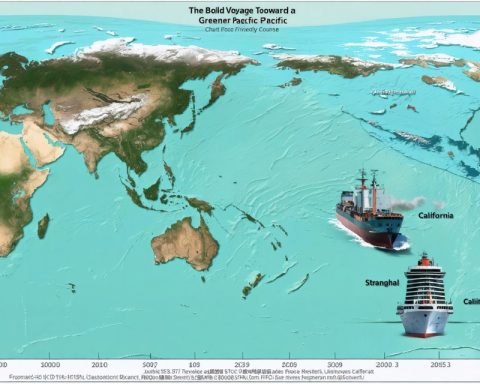Browse CategoryZero Emissions
Zero emissions refers to the concept of reducing the release of greenhouse gases and pollutants to the atmosphere to net-zero levels. This means that any emissions produced are balanced by an equivalent amount of emissions removed from the atmosphere, resulting in no net increase in atmospheric greenhouse gas concentrations. Zero emissions can be achieved through a combination of means, including the use of renewable energy sources, energy efficiency practices, carbon capture technologies, and sustainable land use practices. The goal is to mitigate climate change impacts and promote environmental sustainability by reducing reliance on fossil fuels and minimizing the carbon footprint of individuals, businesses, and economies. Achieving zero emissions is a key target for many governments and organizations in efforts to combat global warming and fulfill international agreements such as the Paris Agreement.

















